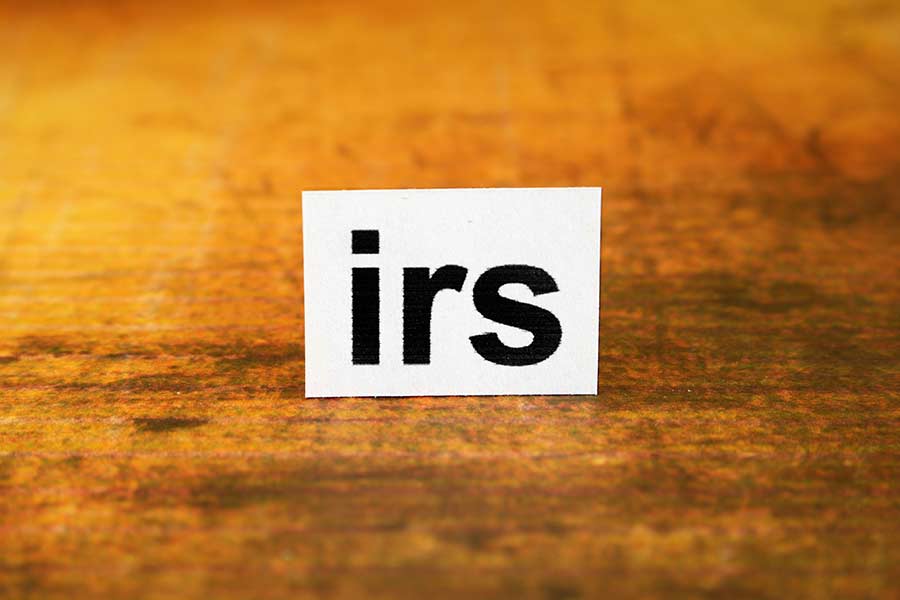A common tax penalty for self employed individuals is the underpayment penalty for not paying enough estimated taxes. The IRS requires that self-employed individuals must estimate their annual income tax a full year prior to actually knowing what that amount will be. It is very common for individuals to not estimate enough income tax and end up paying the penalty.
Typically, the IRS requires you to make equal payments on a quarterly basis throughout the year. If you realize that you have not paid enough early on in the year and you pay more in your next payment, you will still typically be hit with an underpayment penalty. Below are some ways to eliminate the risk of this underpayment penalty or to reduce the amount you will be charged for this penalty.
- If you feel you can accurately predict the amount you will be making then you can avoid the penalty by paying at least 90% of current year’s total tax bill in equal quarterly payments. If at the end of the year you have paid at least 90% of what your final tax bill comes to, you will not owe a penalty. If you do not estimate correctly, you could be stuck with a penalty at the end of the year.
- If you made under $150K in the prior year, you can avoid the risk of a penalty by paying at least 100% of the total prior year’s tax bill in equal quarterly payments (Prior year safe harbor method). This method ensures that you avoid the penalty. It should not be used if you expect to make significantly less money this year than the prior year.
- If you made over $150K in the prior year, you can avoid the penalty by paying at least 110% of the prior year’s tax bill in equal quarterly payments (Prior year safe harbor method). Even if you significantly underpay your current year’s tax bill, you will not be charged the penalty. This method should be avoided if you expect to make significantly less money than the prior year.
Figuring estimated taxes can be a hassle, but using the safe harbor method is the easiest way to avoid paying the penalty. Keep in mind that when using this method you can be stuck with a big tax bill at the end of the year if you significantly increase your income from one year to the next (but penalty free). To avoid a large tax bill at the end of the year, you will need to make voluntary payments in an amount greater than the minimum amount required.



is drawing a pension considered to be self employed? When considering underpayment penalties ?